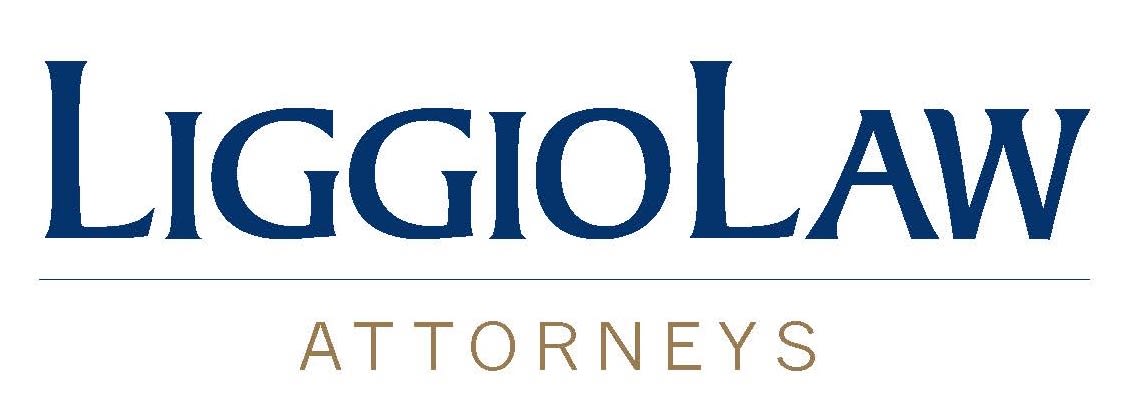Mon
9:00 AM - 5:00 PM
Tue
9:00 AM - 5:00 PM
Wed
9:00 AM - 5:00 PM
Thu
9:00 AM - 5:00 PM
Fri
9:00 AM - 5:00 PM
Mailing Address
720 Lucerne Ave
#1290
Lake Worth Beach,
FL
33460
